Vocabulary enhancement Normal Social Studies Worksheets for Ages 4-6
14 filtered results
-
From - To
Discover our engaging Vocabulary Enhancement Normal Social Studies Worksheets designed specifically for children aged 4-6! These worksheets provide a fun and interactive way for young learners to build and expand their vocabulary while exploring essential social studies concepts. With colorful graphics and age-appropriate language, each worksheet encourages children to recognize common terms related to their surroundings, including community, family, and culture. Our resources foster critical thinking and comprehension skills, preparing your child for future learning success. Perfect for both classroom settings and at-home activities, these worksheets will enhance your child's vocabulary in an enjoyable and effective manner. Start exploring today!
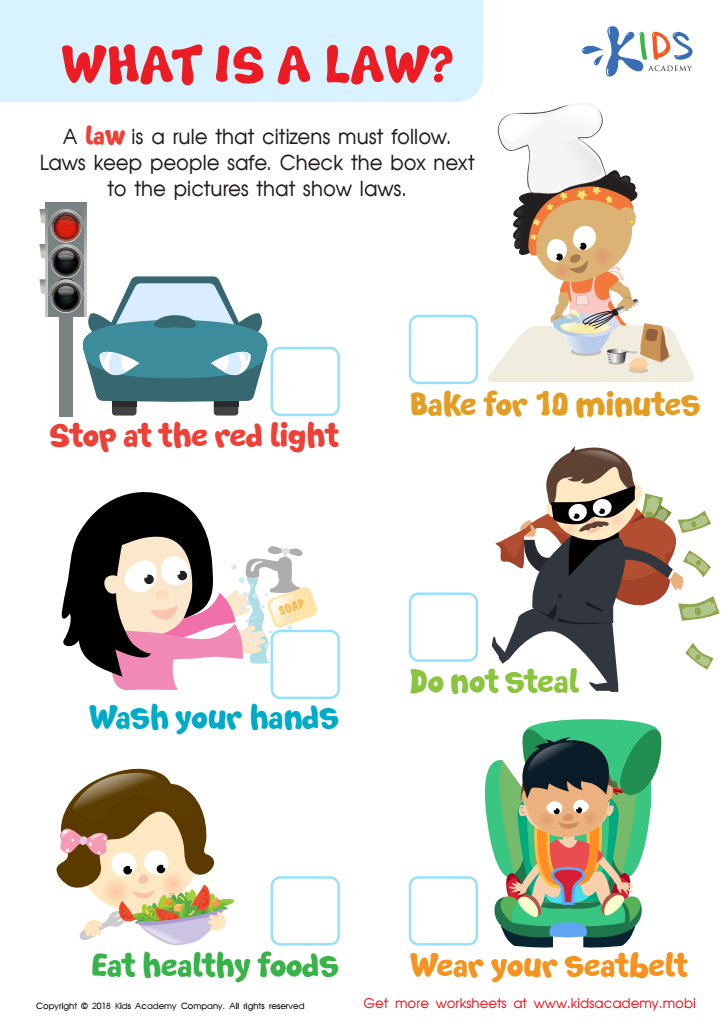

What is a Law? Worksheet
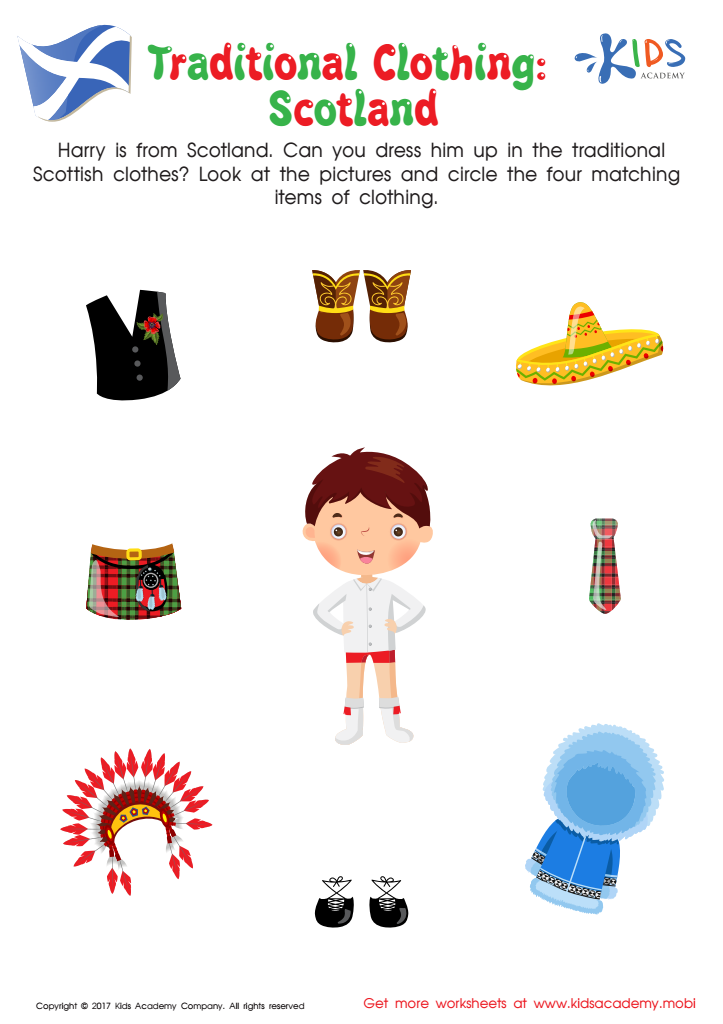

Traditional Clothing in Scotland Worksheet
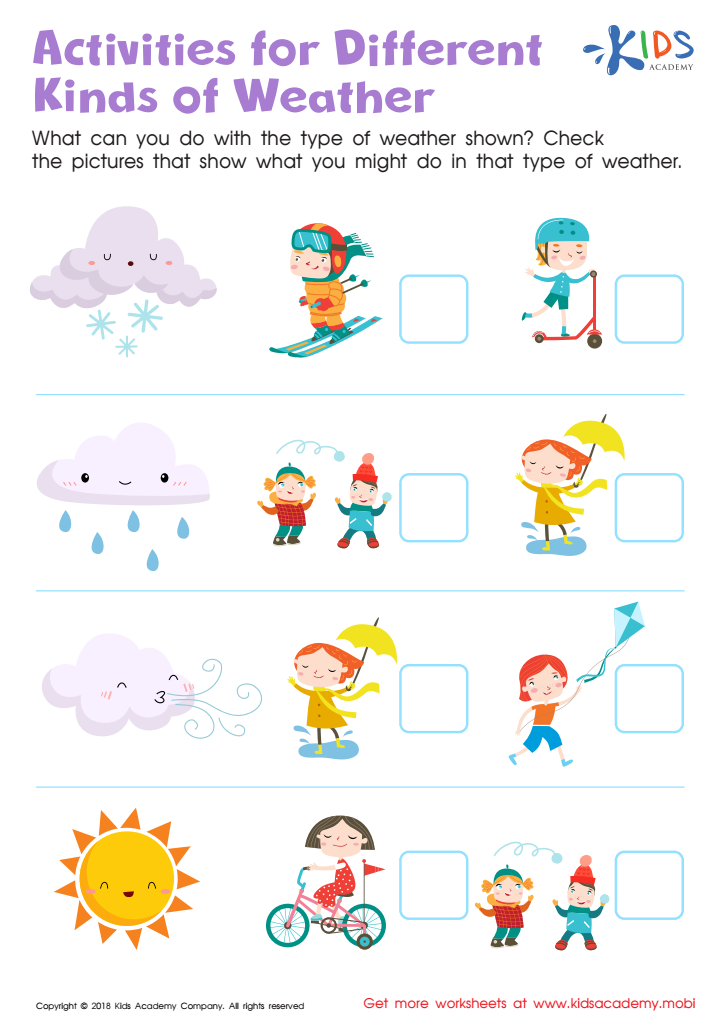

Activities for Different Kinds of Weather Worksheet
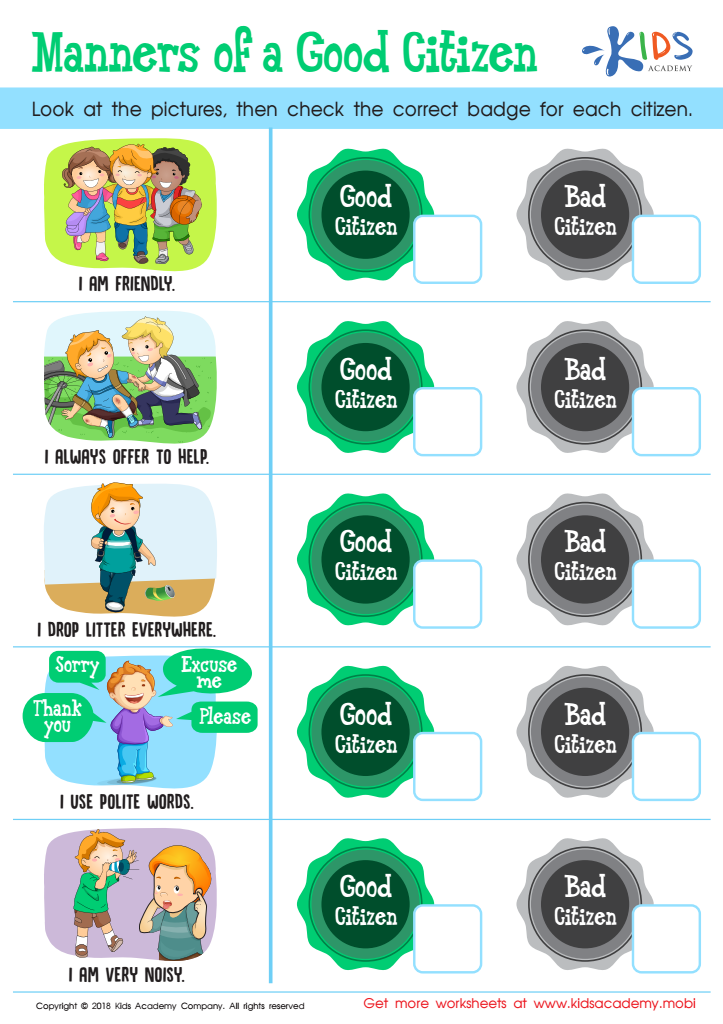

Manners of a Good Citizen Worksheet


Thanksgiving Holiday Printable
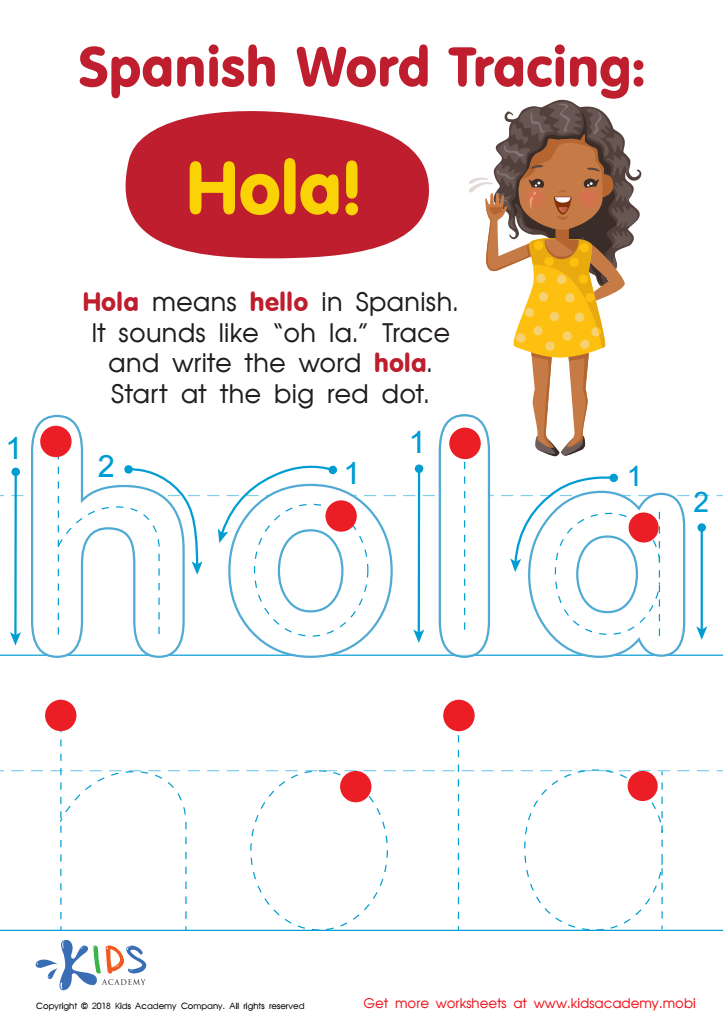

Spanish Word Tracing: Hola Worksheet
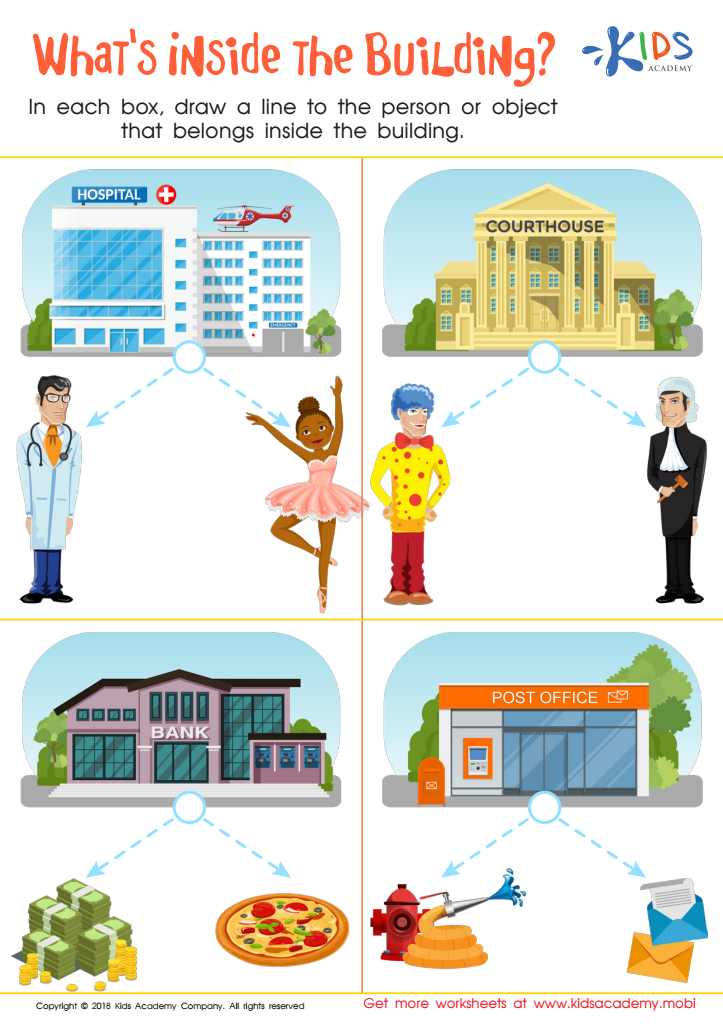

What's Inside the Building? Worksheet
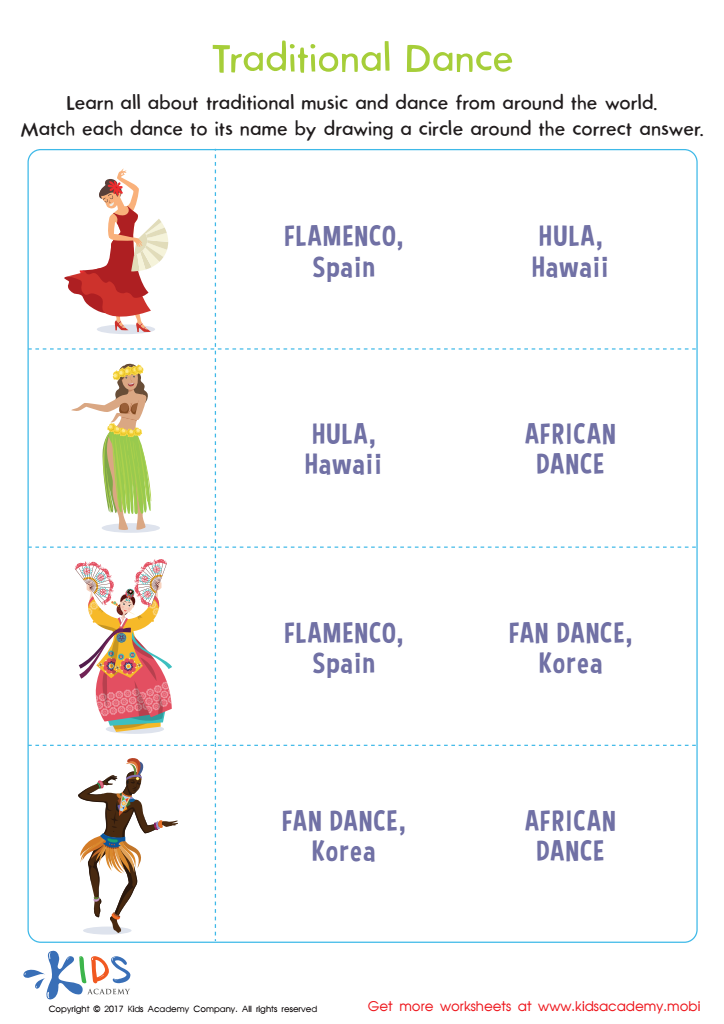

Traditional Dance Printable
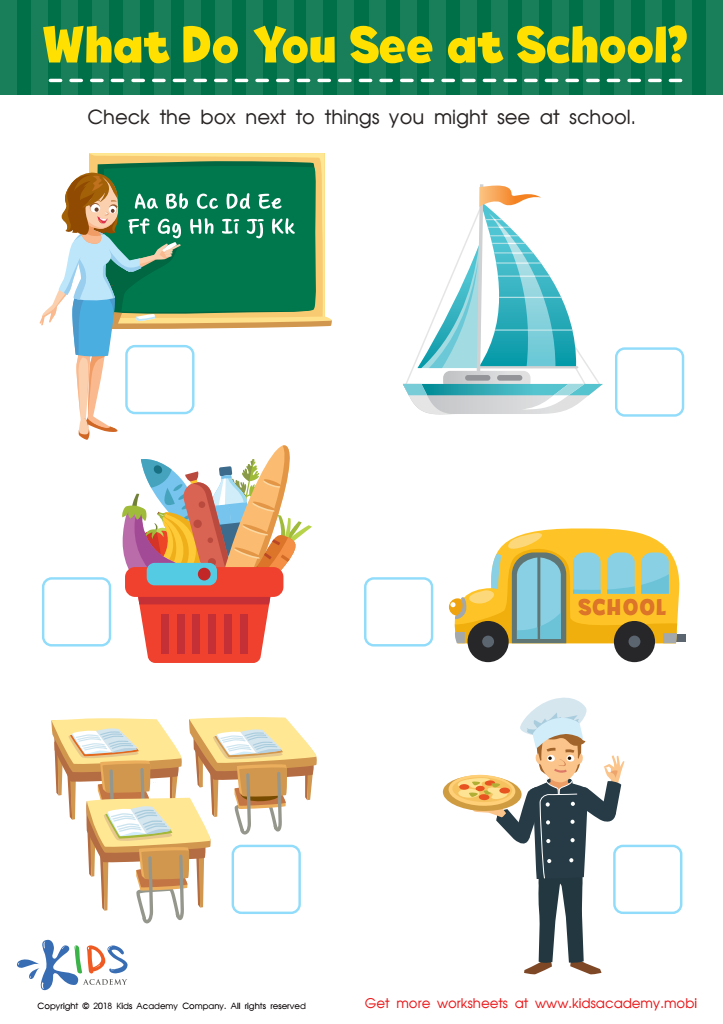

What Do you See at School? Worksheet
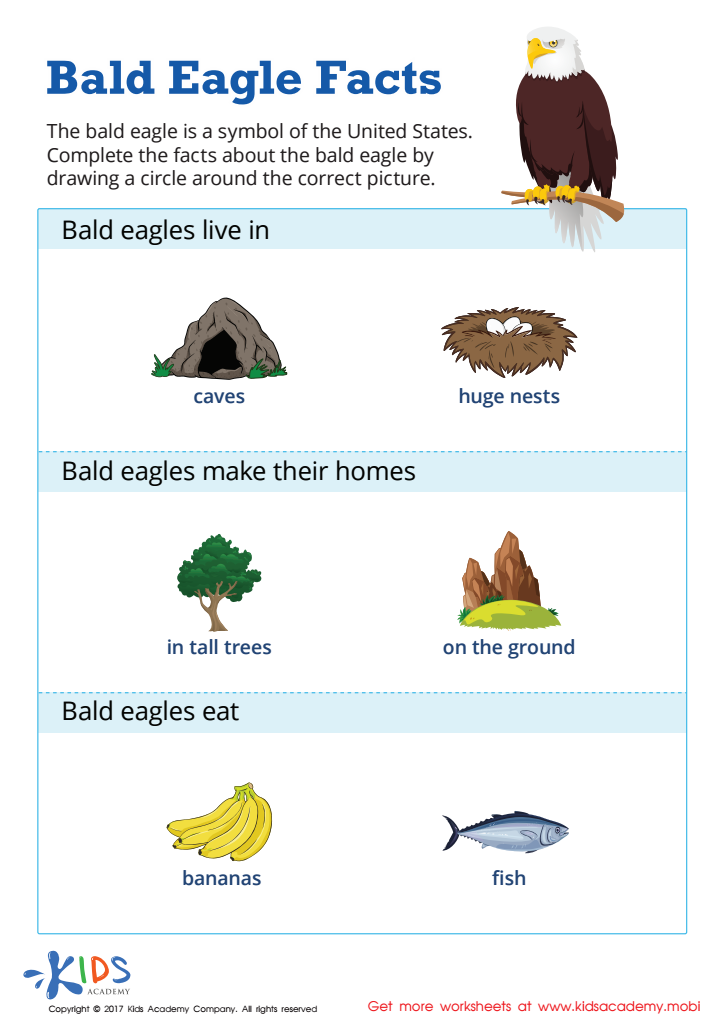

Bald Eagle Facts Worksheet
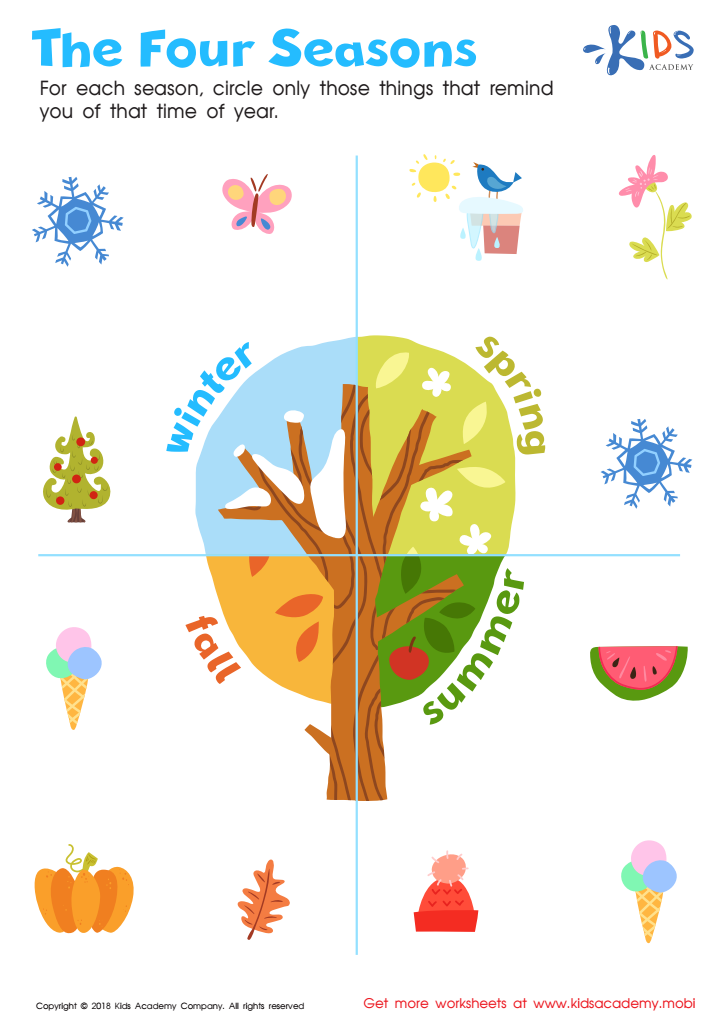

The Four Seasons Worksheet
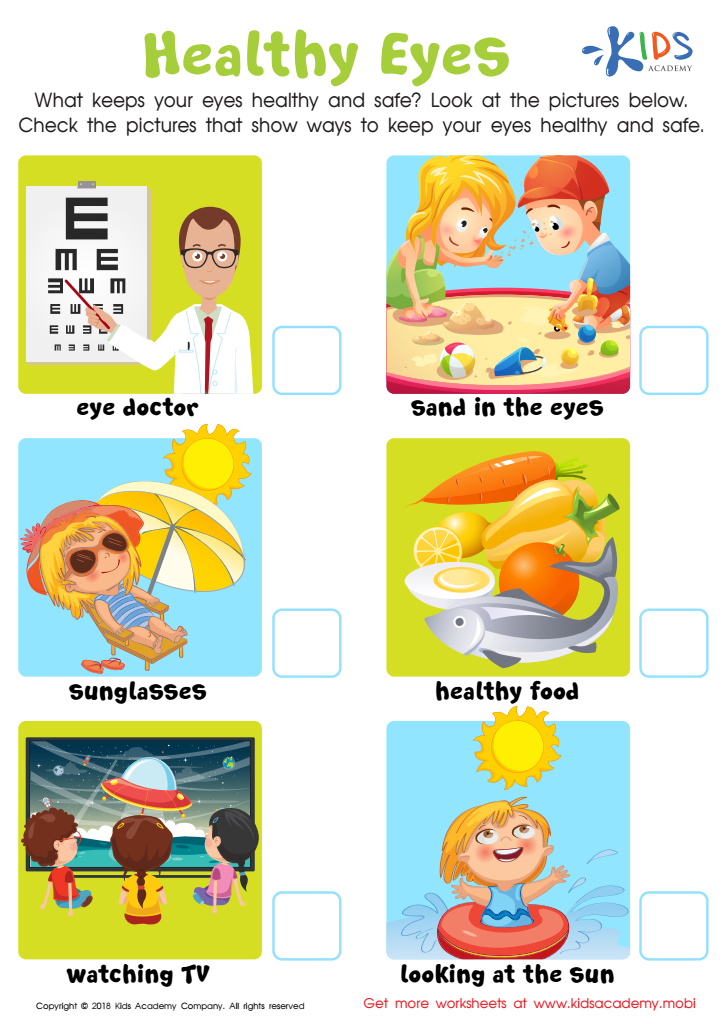

Healthy Eyes Worksheet
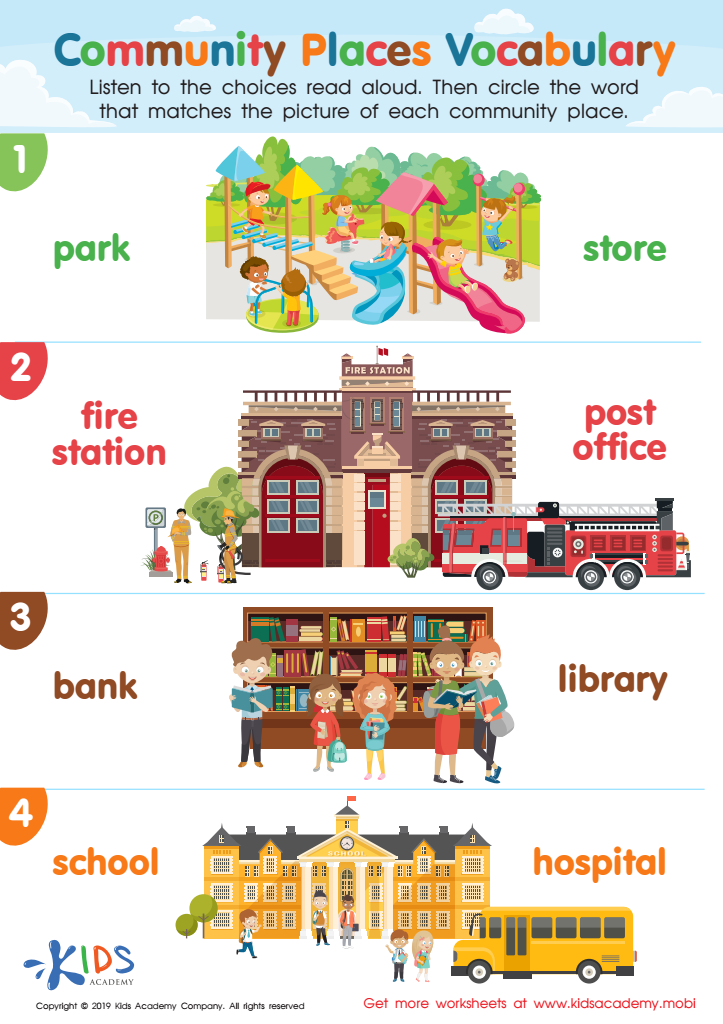

Community Places Vocabulary Worksheet
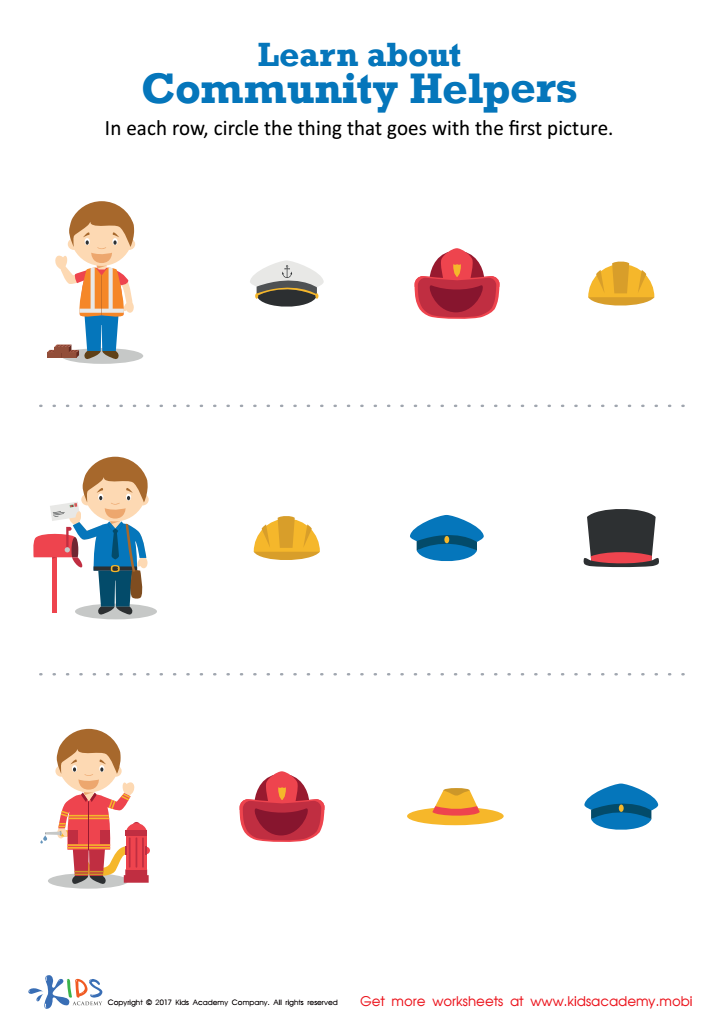

Learn about Community Helpers Printable
Vocabulary enhancement in social studies for young children, particularly ages 4-6, is crucial for their cognitive and social development. At this age, children are naturally curious and beginning to explore their world. By introducing them to a rich vocabulary related to social studies topics, such as community, family, culture, and environment, teachers and parents lay a foundation for understanding complex concepts later in life.
Improving vocabulary helps children articulate their thoughts and feelings, fostering better communication and social skills. This is particularly important in a diverse classroom setting where children learn to appreciate different cultures and perspectives. Enhanced vocabulary aids critical thinking, as children can discuss, inquire, and analyze their world around them more effectively.
Furthermore, strong vocabulary skills contribute to overall literacy development, as children are more likely to comprehend texts and engage in discussions about social studies topics. When individuals are well-versed in language, they learn to express themselves clearly and confidently, which can impact their academic performance and social interactions positively.
Ultimately, investing in vocabulary enhancement at this critical stage equips young learners with the tools needed for future learning and helps them navigate social environments more successfully. Therefore, parents and teachers play a pivotal role in facilitating this growth.

 Assign to My Students
Assign to My Students






















